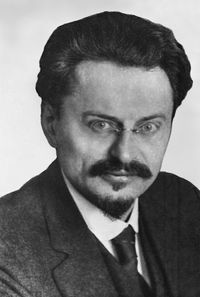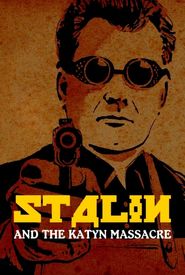Lev Davidovich Bronstein, commonly known as Leon Trotsky, was a renowned Communist leader who played a pivotal role in both the 1905 and 1917 Russian Revolutions alongside Vladimir Lenin. As the chief theorist and a key figure in the Bolshevik Party, Trotsky's influence extended far beyond the revolutionary movements, shaping the course of Russian history.
In his capacity as Commissar for Foreign Affairs, Trotsky was instrumental in negotiating the Treaty of Brest-Litovsk with Germany, a peace agreement that marked a significant turning point in the First World War. This diplomatic coup earned him recognition as a master strategist and a skilled negotiator.
However, Trotsky's military leadership proved to be a different story. As the head of the Red Army during the Russian Civil War, he oversaw the deaths of over a million White Army soldiers and Cossacks, following orders from Vladimir Lenin. This brutal campaign of forced conscription, which saw Russian peasants and workers coerced into the Red Army, would haunt Trotsky for the rest of his life.
Despite his successes on the battlefield, Trotsky's military leadership was marked by a series of costly blunders. The Russian invasion of Poland in the 1920s, led by Trotsky, ended in defeat at the hands of Polish forces under Marshal Józef Pilsudski, resulting in heavy Russian losses.
The struggle for power that followed Lenin's death in 1924 pitted Trotsky against his arch-rival, Joseph Stalin. Stalin, who would eventually succeed Lenin as the leader of the Soviet Union, systematically stripped Trotsky of his influence, expelling him from Russia in 1936.
In exile, Trotsky continued to write and preach about revolution, using his platform to criticize Stalin's brutal regime. However, his life was cut short in 1940, when he was assassinated by Spanish communist Ramon Mercader, an assassin sent to kill him by Stalin.
Throughout his life, Trotsky remained a charismatic and influential figure, known for his fiery oratory skills and his unwavering commitment to the revolutionary cause. Despite his flaws and mistakes, Trotsky's legacy continues to be felt, shaping the course of Communist thought and action to this day.



























